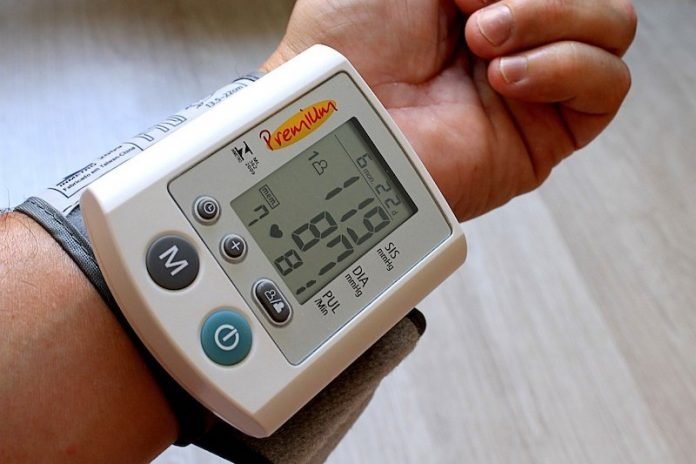
In a new study, researchers found that lockdown due to the COVID-19 pandemic is linked to an increase in high blood pressure among patients admitted to emergency.
They found admission to the emergency department during the mandatory social isolation period was linked with a 37% increase in the risk of having high blood pressure.
The research was conducted by a team at Favaloro Foundation University Hospital, Buenos Aires.
Mandatory social isolation due to COVID-19 was implemented on 20 March in Argentina as a part of a general lockdown. People were told to stay at home, except for essential workers (e.g. doctors and nurses).
The general public was permitted to leave home only to buy food, medicine, and cleaning supplies. Schools and universities were closed, and public events were suspended.
The study was done in the emergency department of Favaloro Foundation University Hospital.
Blood pressure is a standard measurement on admission to the emergency department and almost every patient (98.2%) admitted between 21 March 2019 and 25 June 2020 was included in the study.
The most common reasons for admission were chest pain, shortness of breath, dizziness, abdominal pain, fever, cough, and hypertension.
The study included 12,241 patients. The average age was 57 years and 45.6% were women. During the three-month isolation period, 1,643 patients were admitted to the emergency department.
This was 56.9% less than during the same three months in 2019 (3,810 patients) and 53.9% lower than during the three months immediately before social isolation (3,563 patients).
During the social isolation period, 391 (23.8%) patients admitted to the emergency had high blood pressure.
This proportion was much higher compared to the same period in 2019, when it was 17.5%, and compared to the three months before social isolation when it was 15.4%.
There are several possible reasons for the connection between social isolation and high blood pressure.
For example, increased stress because of the pandemic, with limited personal contact and the onset or exacerbation of financial or family difficulties.
Changed behaviors may have played a role, with higher intake of food and alcohol, sedentary lifestyles, and weight gain.
The team says blood pressure control helps prevent heart attacks and strokes and serious illness from COVID-19, so it’s essential to maintain healthy lifestyle habits, even under social isolation and lockdown conditions.
One author of the study is Dr. Matías Fosco.
The study was presented at the 46th Argentine Congress of Cardiology.
Copyright © 2020 Knowridge Science Report. All rights reserved.



